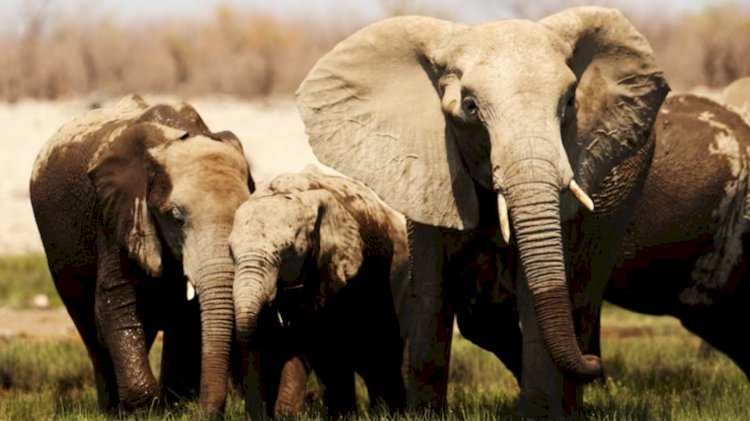What Animals Are Omnivores
Discover the fascinating world of omnivores and their diverse diets. Learn about animals that possess the remarkable ability to eat both plants and animals, playing a crucial role in maintaining ecological harmony.

When we think about animals, we often categorize them as either herbivores (plant eaters) or carnivores (meat eaters). However, there is a fascinating group of creatures known as omnivores that possess the remarkable ability to eat both plants and animals. In this blog post, we will delve into the world of omnivorous animals, exploring their diverse diets, habitats, and the crucial role they play in maintaining ecological harmony.
Understanding Omnivores:
Omnivores, from the Latin words "omni" (meaning "all") and "vorare" (meaning "to eat"), are creatures that have adapted to consume a wide variety of foods. This dietary versatility provides them with significant advantages, making them highly adaptable to changing environments.
Examples of Omnivorous Animals:
- Humans: Humans are perhaps the most well-known omnivores. Our diets encompass an extensive range of foods, including vegetables, fruits, grains, nuts, and meats. This adaptability has been instrumental in our survival and evolution as a species.
- Bears: Bears, whether grizzlies or pandas, are omnivorous animals. They consume plant matter like fruits, nuts, and berries, as well as insects and small mammals. This varied diet ensures they can thrive in different ecosystems.
- Raccoons: Raccoons are opportunistic feeders and true omnivores. They have adapted to urban environments, scavenging for human food, while also consuming insects, small vertebrates, fruits, and nuts.
- Pigs: Pigs are farm animals known for their omnivorous nature. They forage for roots, tubers, and vegetation, but they are not averse to eating small animals if the opportunity arises.
- Crows: Crows are highly intelligent birds and are also classified as omnivores. They consume a wide range of foods, including fruits, insects, small animals, and carrion. Their adaptability has contributed to their thriving populations in urban areas.
The Versatility of Their Diets:
Omnivores are incredibly versatile when it comes to their food choices. Their ability to adapt their diets based on food availability in their habitats is essential for their survival. Furthermore, omnivores play a vital role in seed dispersal, assisting in the reproduction and growth of various plant species.
Thriving in Diverse Habitats:
Omnivorous animals are not restricted to specific environments. They can be found in various habitats, ranging from dense forests and grasslands to wetlands and even urban areas. Their adaptability allows them to find sustenance in different conditions, making them successful and widespread species.
Omnivores vs. Herbivores and Carnivores:
- Digestive Systems: Omnivores have unique digestive systems that enable them to break down both plant matter and animal proteins effectively. This adaptability allows them to extract nutrients from a wide range of food sources.
- Behavioral Characteristics: Unlike herbivores and carnivores, which are more specialized in their dietary preferences, omnivores exhibit a broader range of behaviors. They can switch between various food sources, giving them an advantage in challenging and changing environments.
The Importance of Omnivores in the Ecosystem:
Omnivores play a crucial role in maintaining ecological balance. Their consumption of both plants and animals helps control the population of certain organisms and contributes to nutrient cycling within ecosystems. Without omnivores, the delicate balance of various ecosystems would be disrupted.
Conclusion:
Omnivorous animals are truly remarkable creatures with their ability to adapt to diverse diets and habitats. Their importance in the natural world cannot be overstated, as they contribute significantly to the health and stability of ecosystems. Understanding and appreciating these versatile eaters enriches our understanding of the intricate web of life on our planet. Let us continue to protect and conserve these fascinating beings for generations to come.
Share
What's Your Reaction?
 Like
0
Like
0
 Dislike
0
Dislike
0
 Love
0
Love
0
 Funny
0
Funny
0
 Angry
0
Angry
0
 Sad
0
Sad
0
 Wow
0
Wow
0














